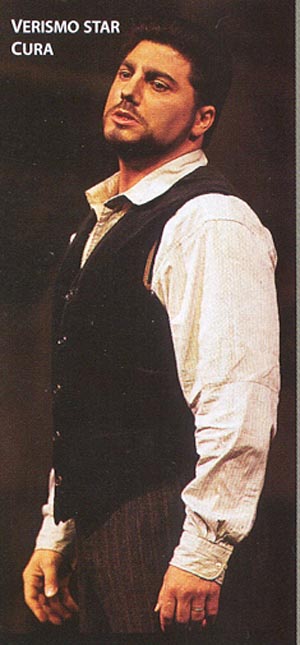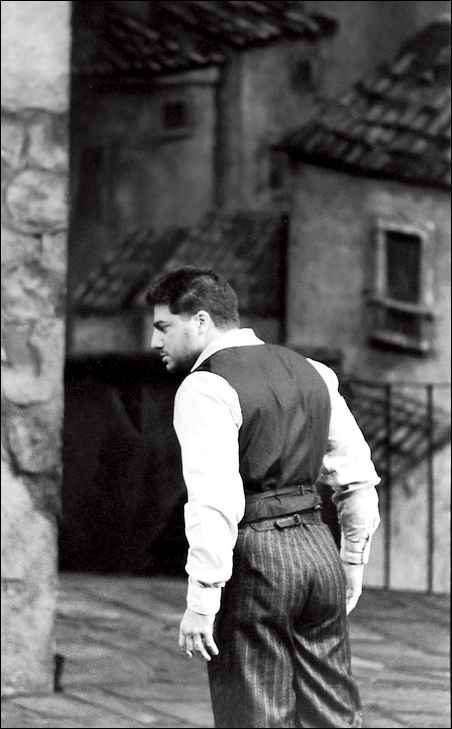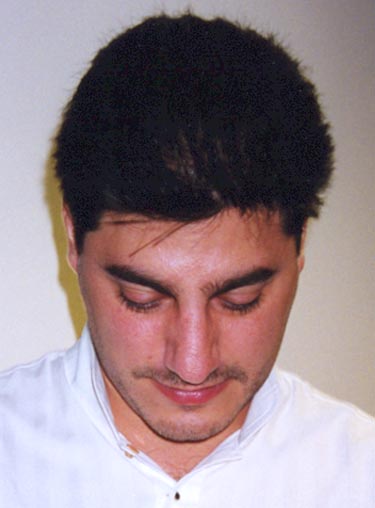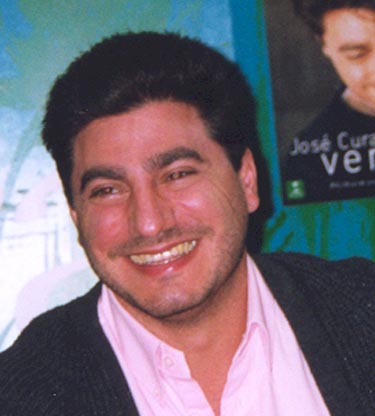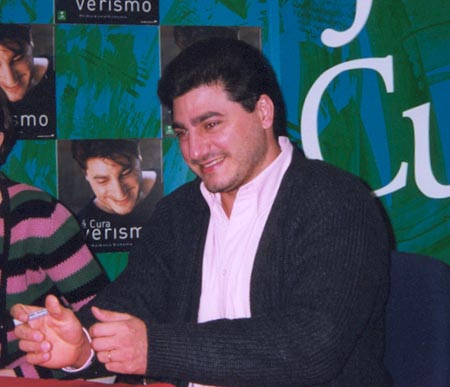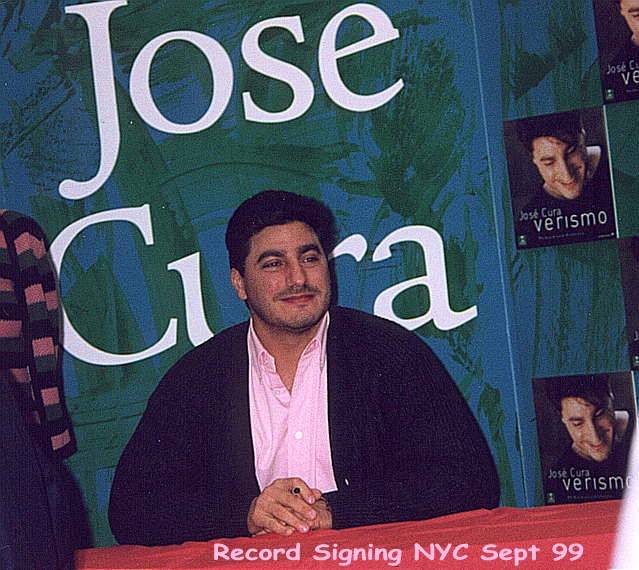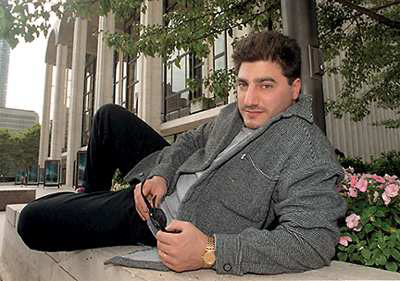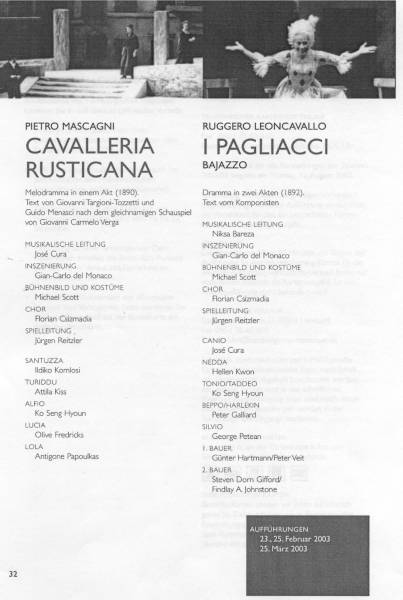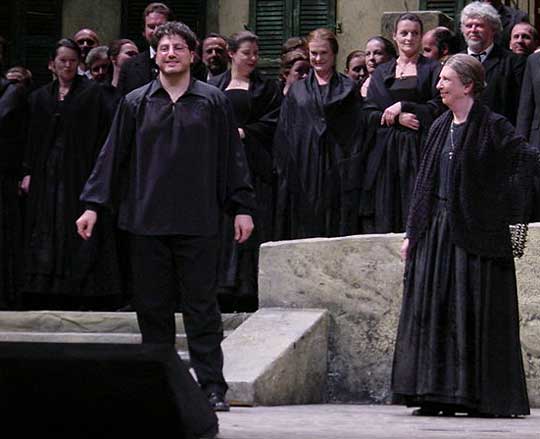Early Performances
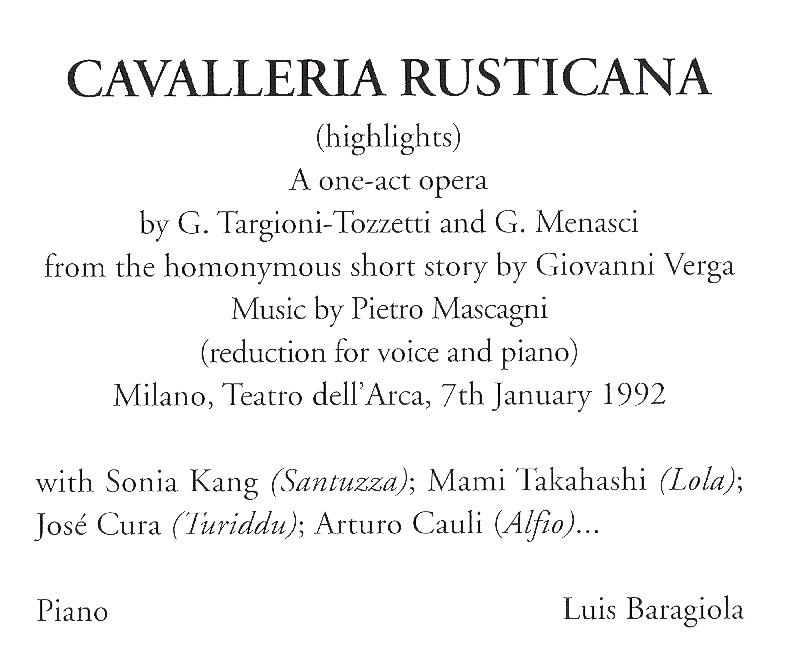
|
Cavalleria rusticana, Ravenna, July 1996: “Cavalleria rusticana...represents one of the most expressive and virtuosic results we have ever seen from Ricardo Muti. The towering passions, the loving momentum, but also the invincible attraction to death; the immensity of jealousy, revenge, superstitious antagonism, and yet also bordering on sweetness in the environment and religious sentiment, all this makes the erotic and murderous madness of the protagonists even more devastating. Emphasized to an almost inhuman emotional intensity, like a jolt of electricity that leaves us stunned, overwhelmed, defeated...[E]specially the desperate beauty of the singing, the pitiful and painful and simple beauty of Mascagni’s songs, composed of a mosaic of emotion, were indeed unique, literally unparalleled. José Cura’s Turiddu was outspoken and lively. Success was an understatement; it was raining flowers and the entire auditorium was standing....” Corriere della Sera, July 1966, Colombo Francesco |
|
Cavalleria rusticana, Ravenna, July 1996: “It is certainly rare to see combined the energies of a conductor like Riccardo Muti, a director like Liliana Cavani, a set designer like Dante Ferretti, a costume designer like Gabriella as Pescucci and two protagonists like Waltraud Meier and José Cura. If you wanted to present this work of Mascagni in the best possible way, this occasion captured it in full and… was a huge success. The concentration is on the drama. Yes, this was naturalistic. With confidences exchanged almost in the ear, emotions were contained and retained. And a magnificent plot twist, Turiddu’s farewell was pronounced in mezza voice, with him stunned and terrified, unable to stand, determined to die rather than to kill (and in this reflects the Verga novel). In the lyrical intensity and dramatic liveliness, Cavalleria has never felt so vivid. A splendid Waltraud Meier lends her superior phrasing to Santuzza, dignified and fair even at the most melodramatic. Beside her, José Cura draws a bold and youthful Turiddo, with a beautiful voice and wonderful presence. This was an overwhelming success, and naturally will become the performance that will remain the point of reference.” La Repubblica, July 1966, Michelangelo Zurletti |
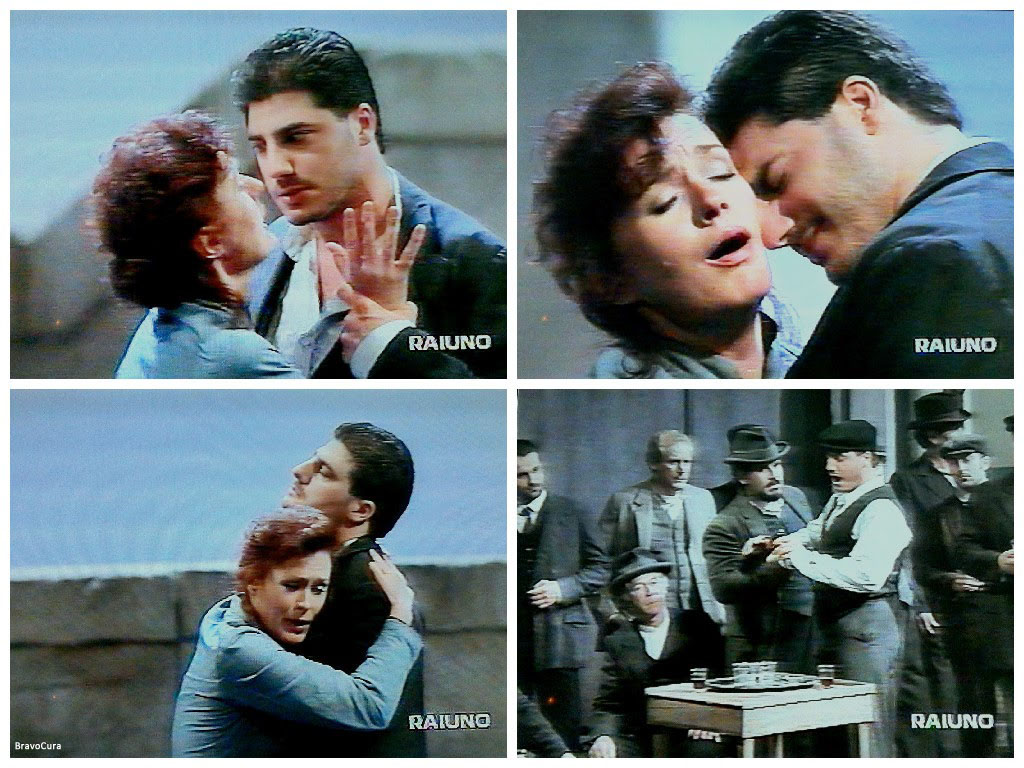
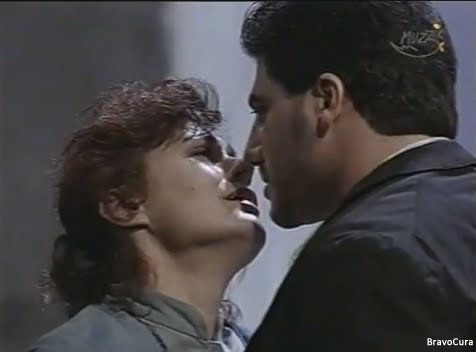 |
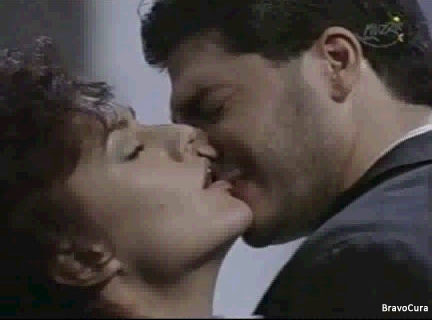 |
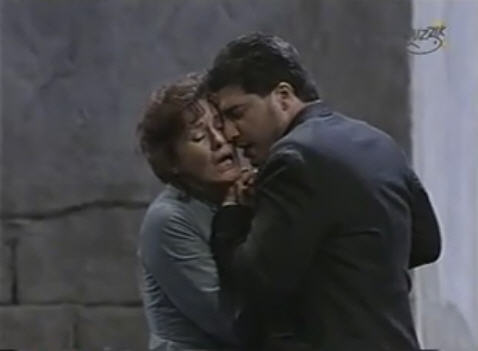 |
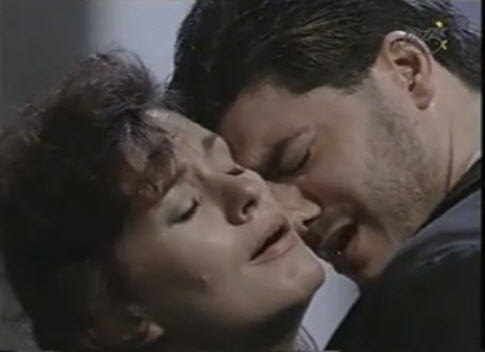 |
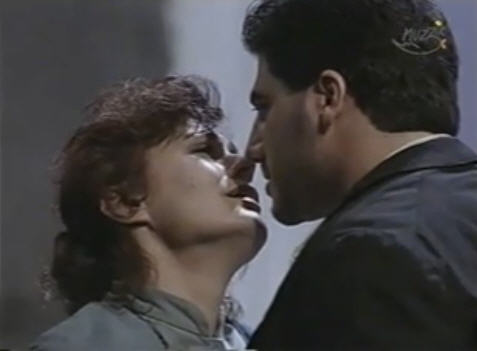 |
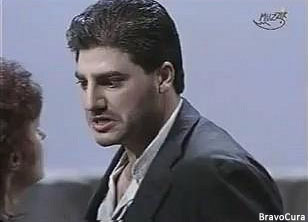 |
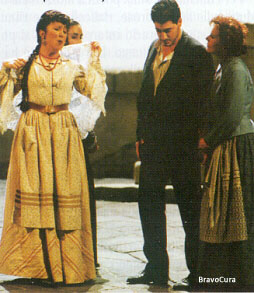 |
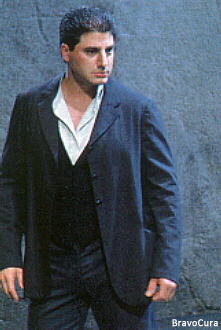 |
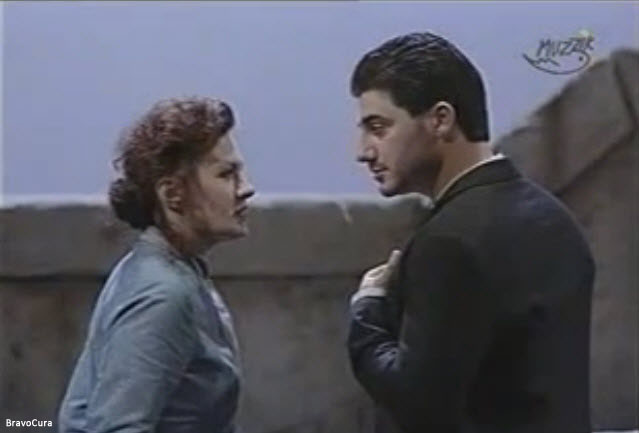
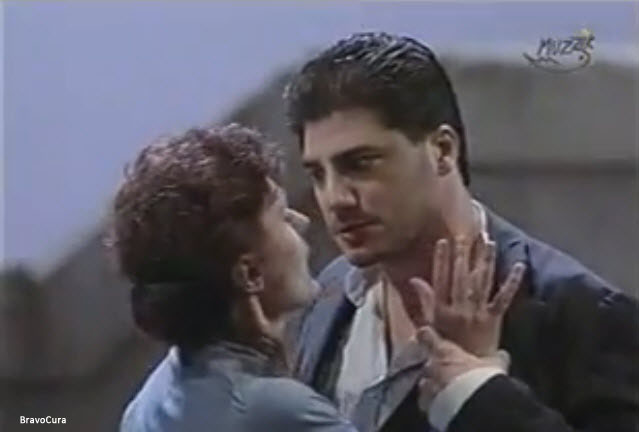
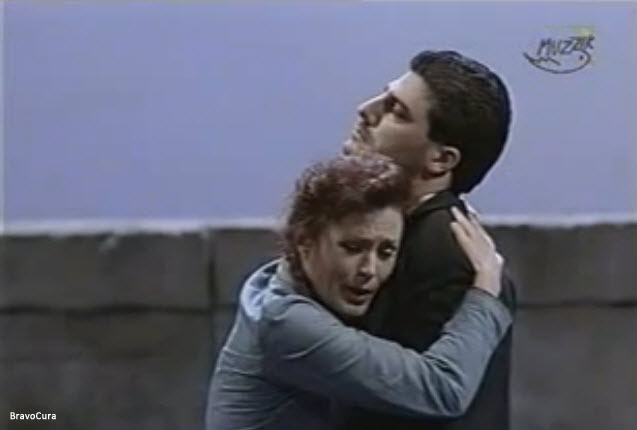
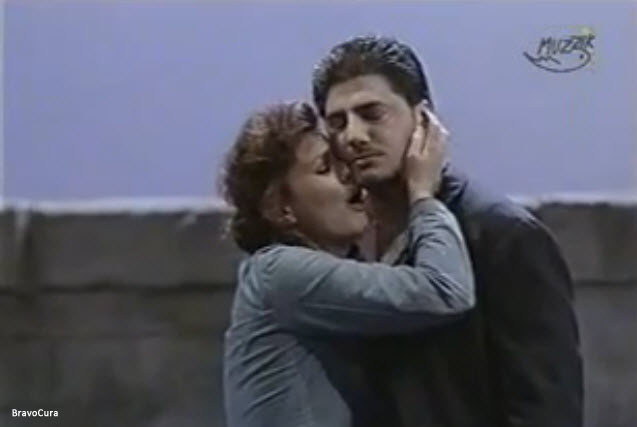
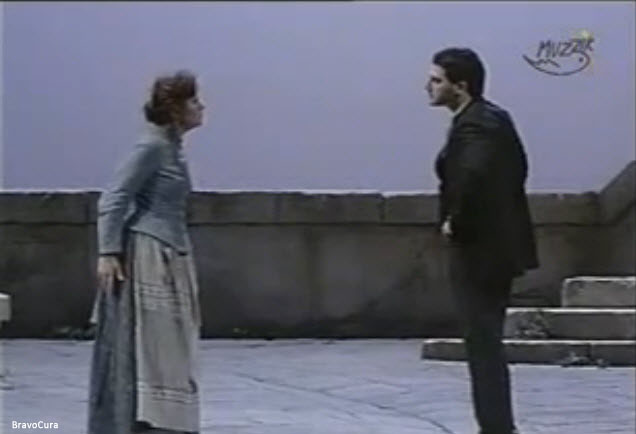
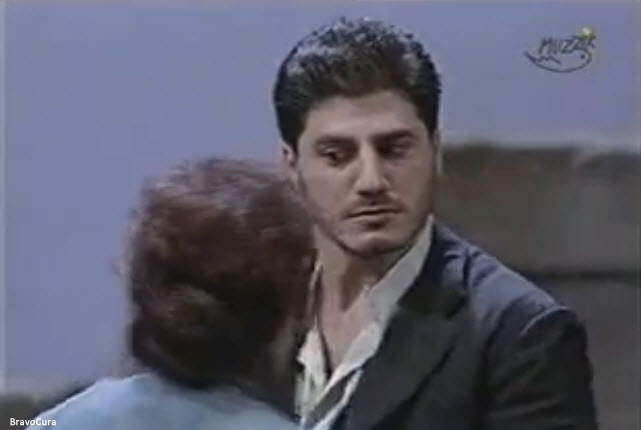
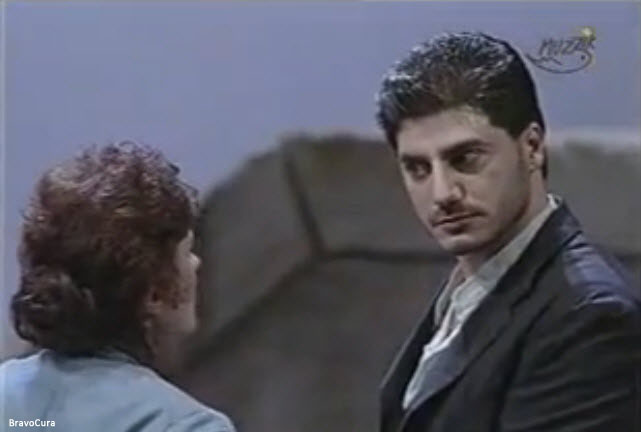
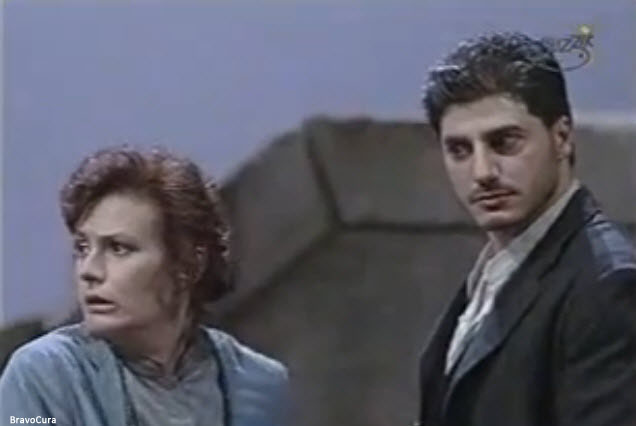
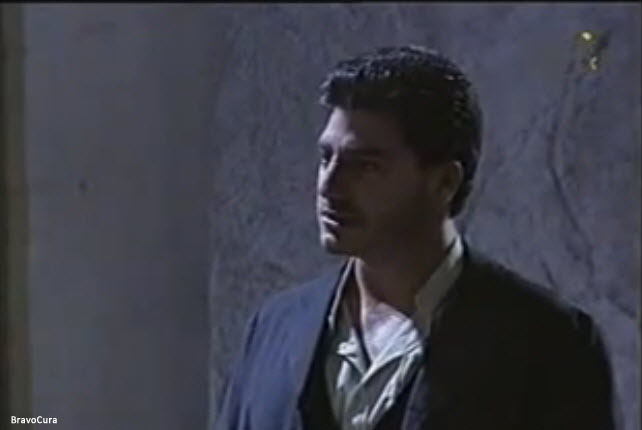
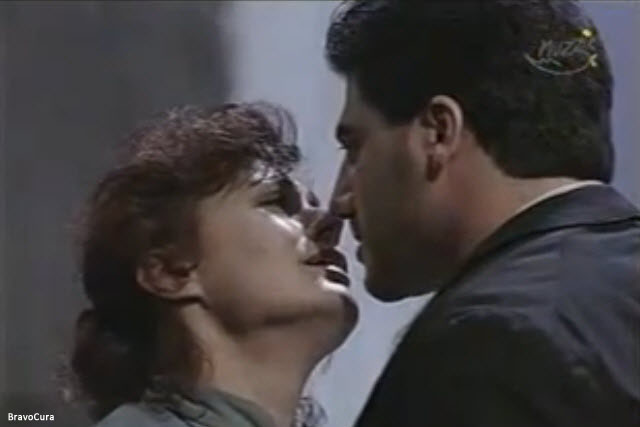
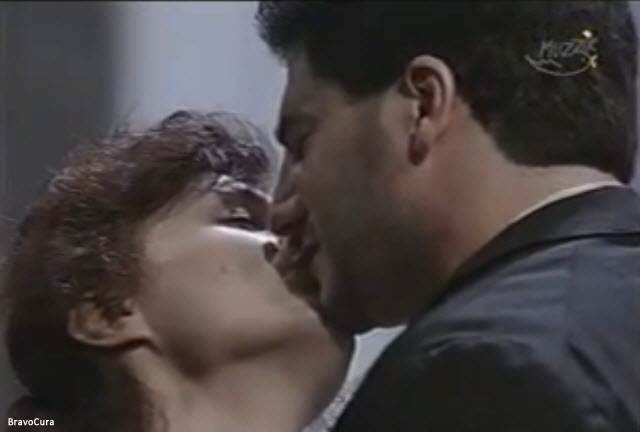
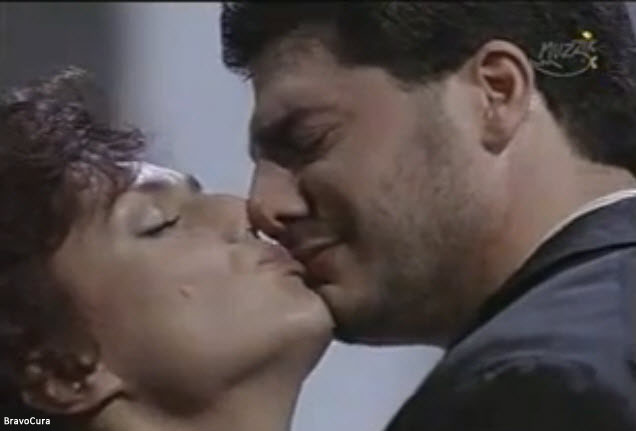
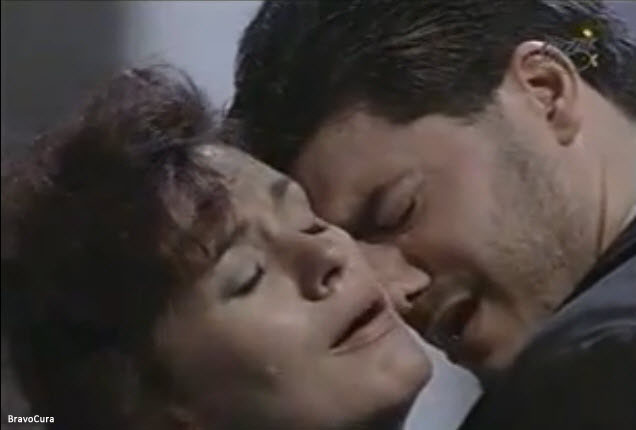
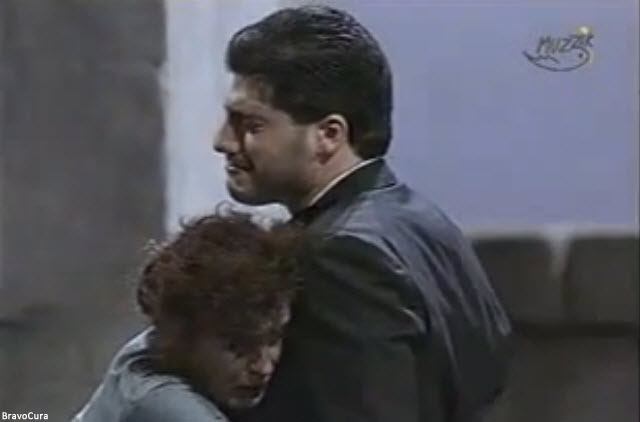
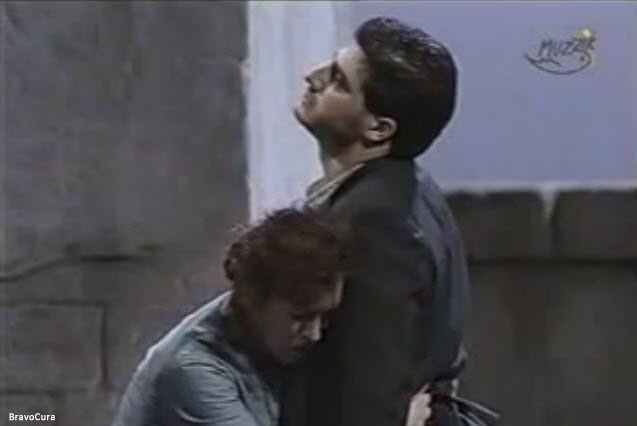
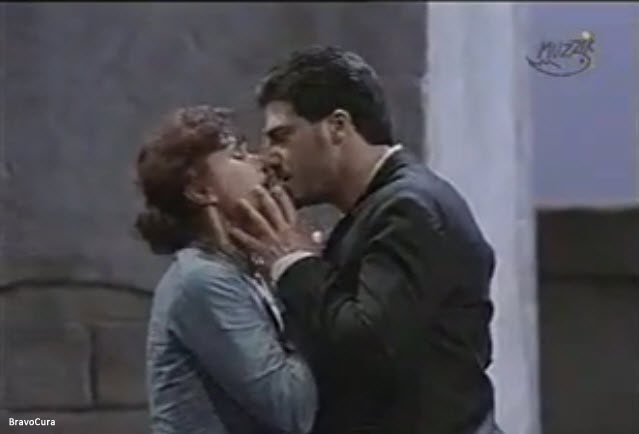
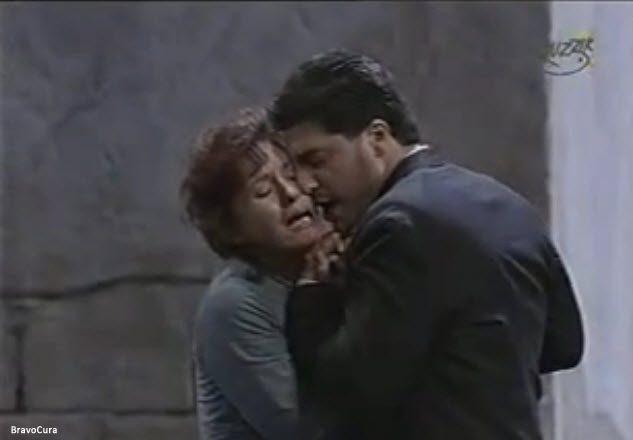
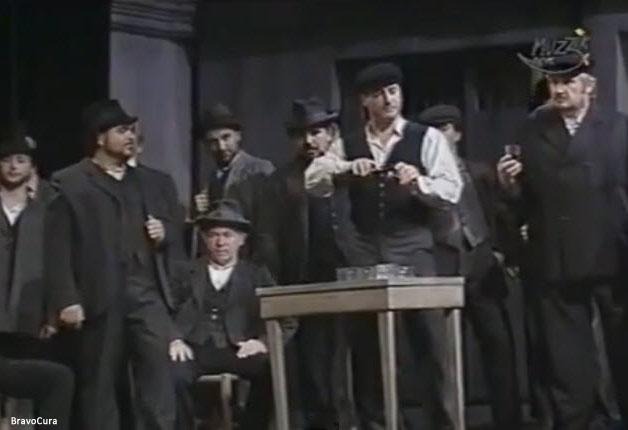
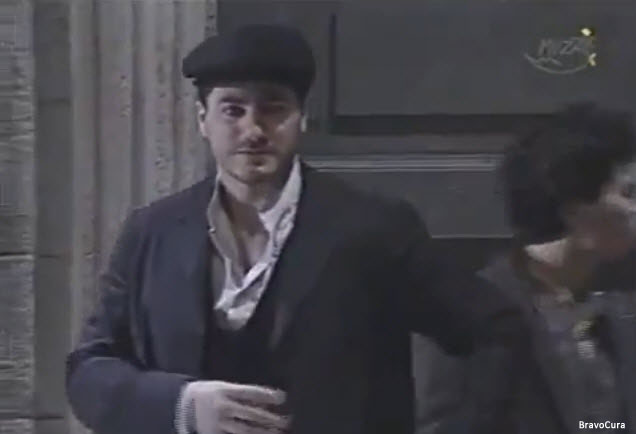
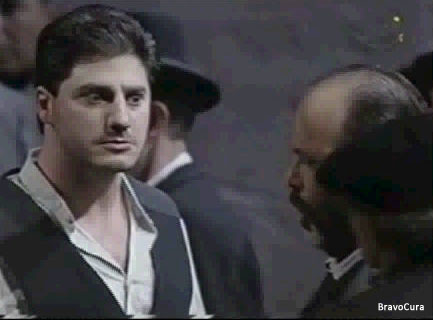
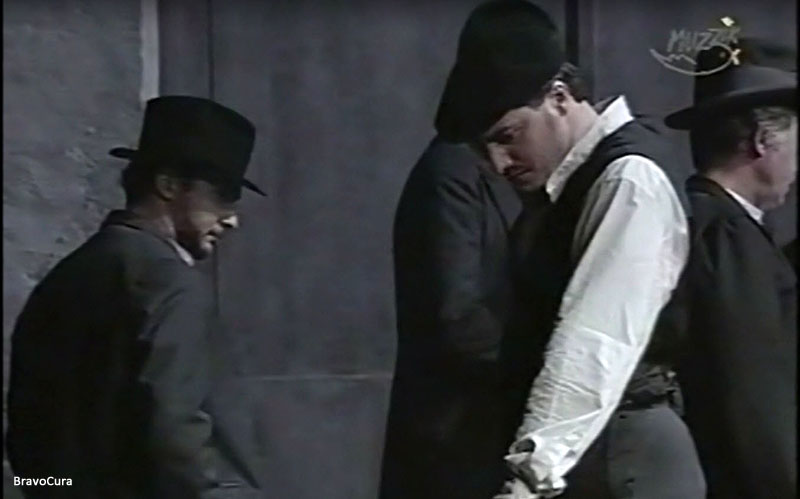
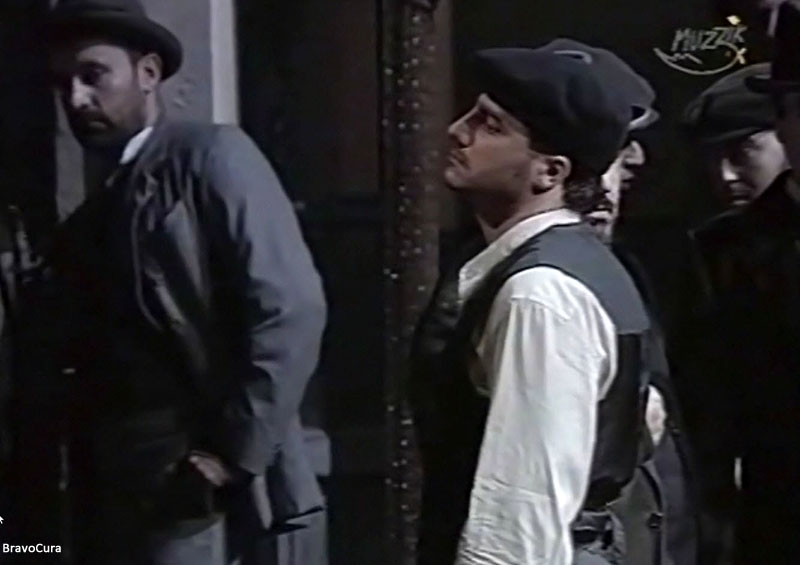
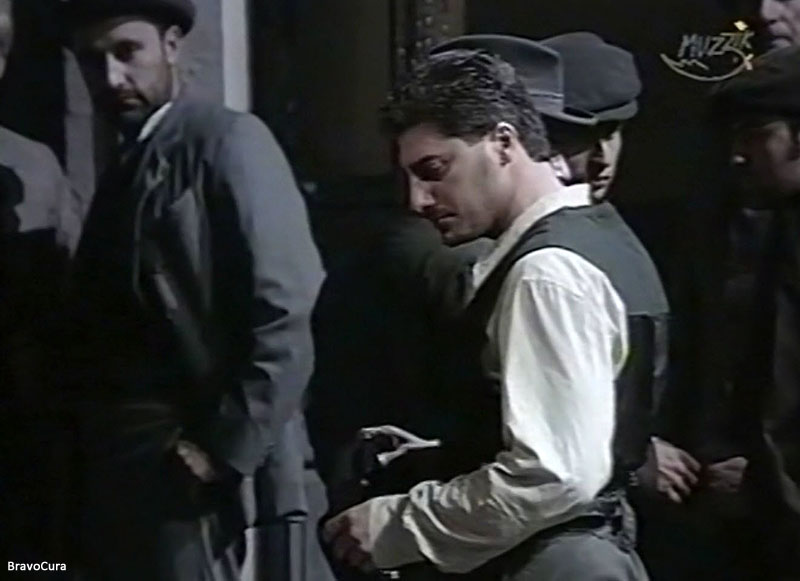
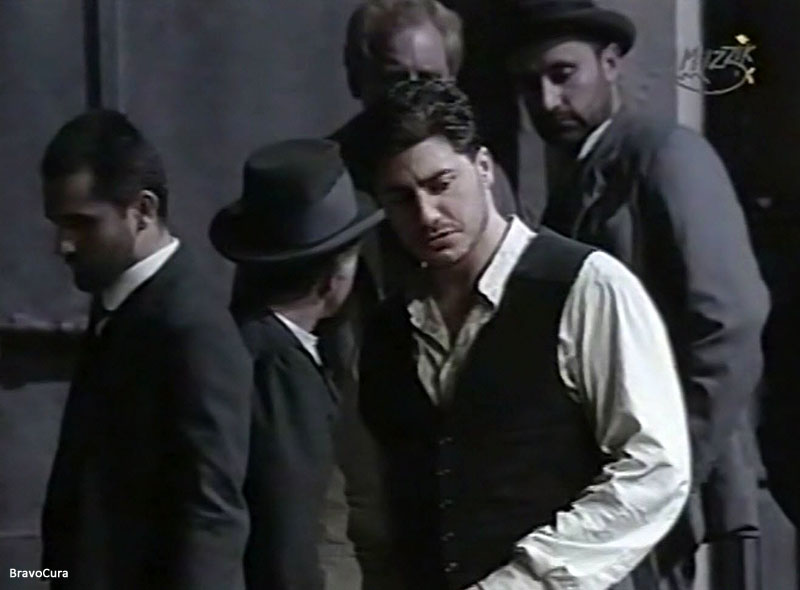
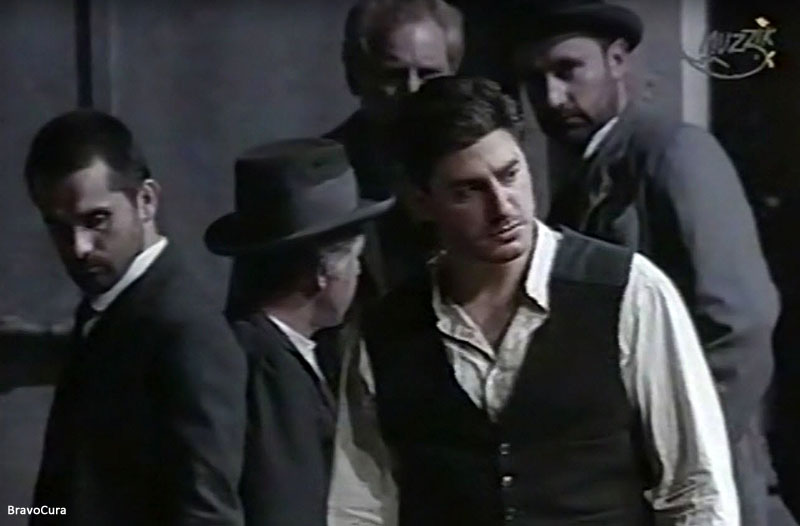
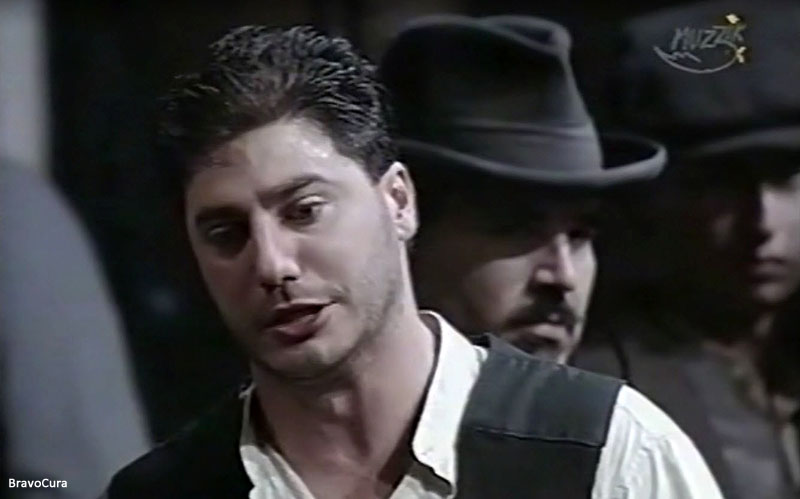
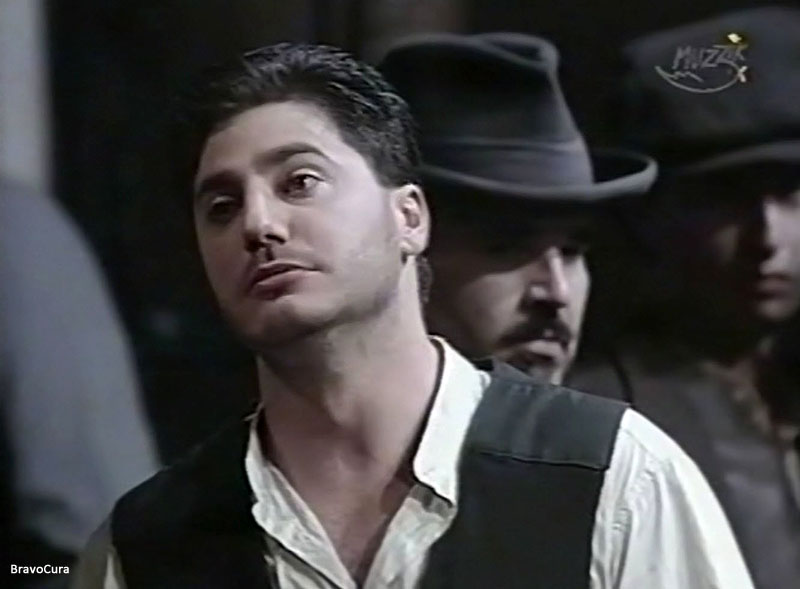
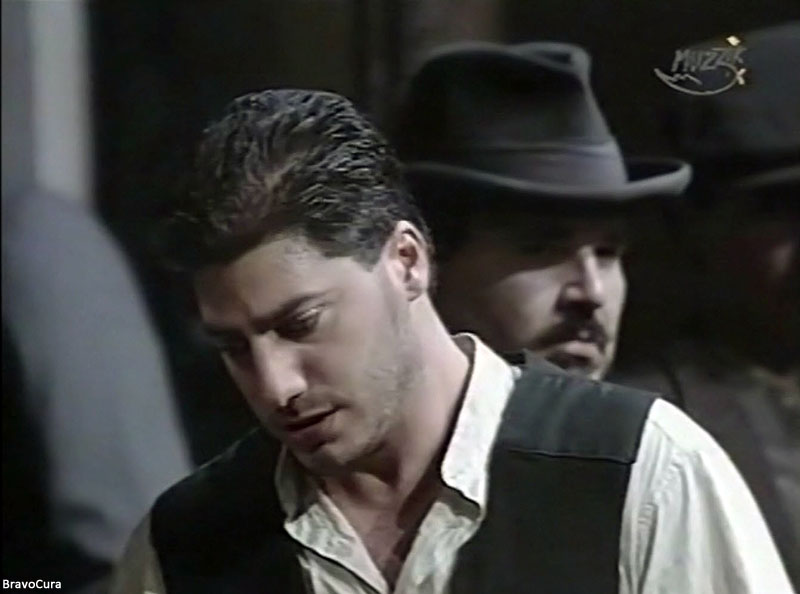
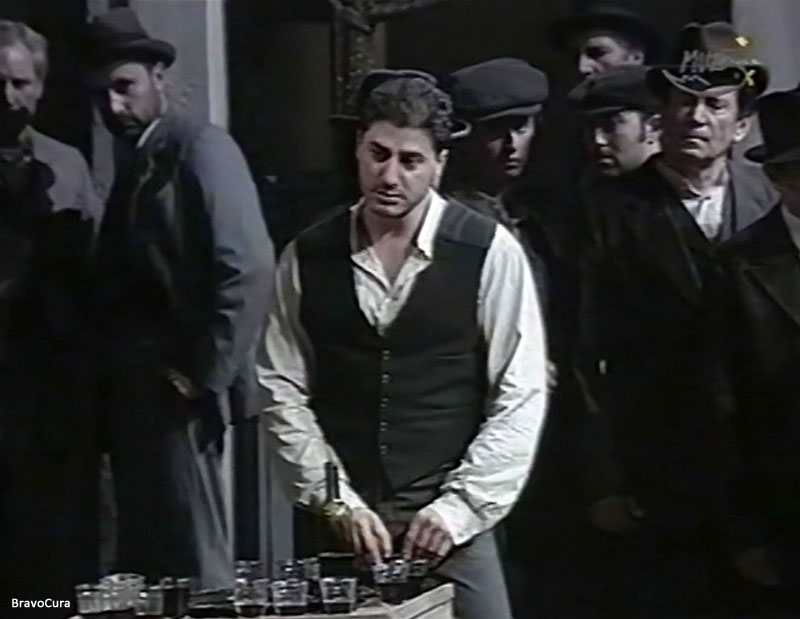
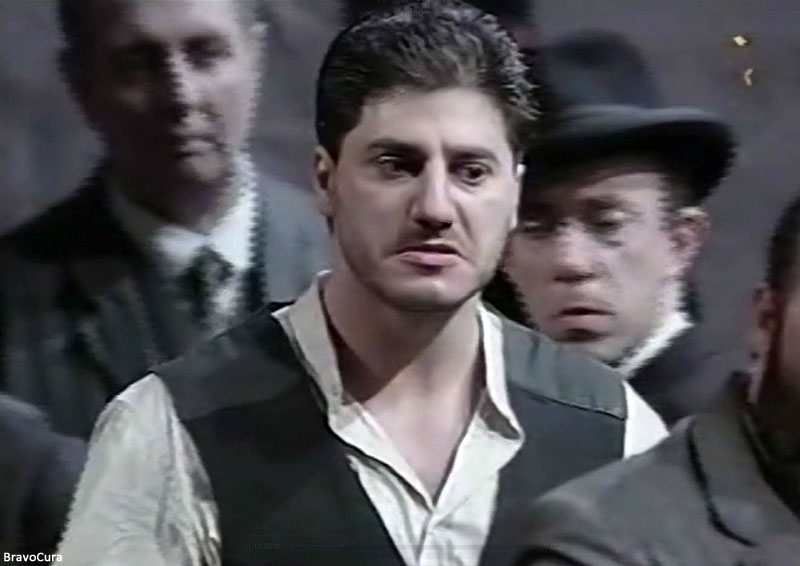
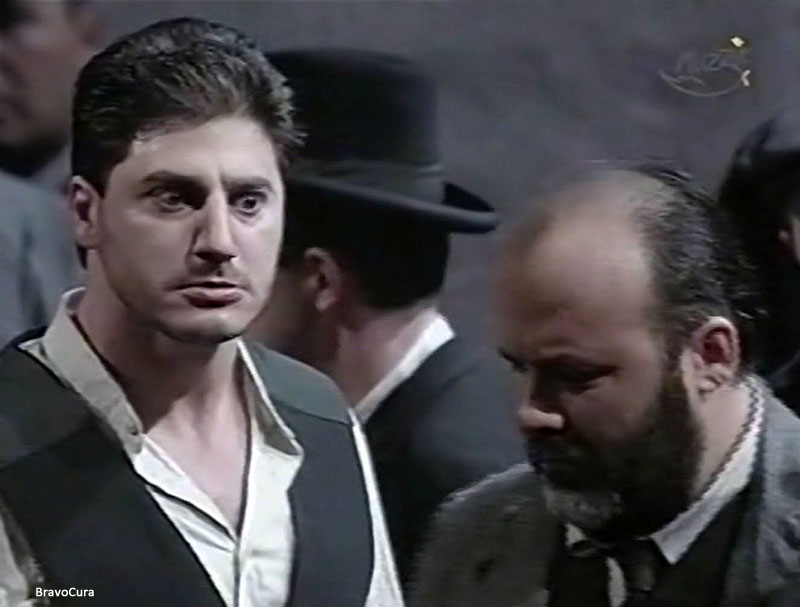
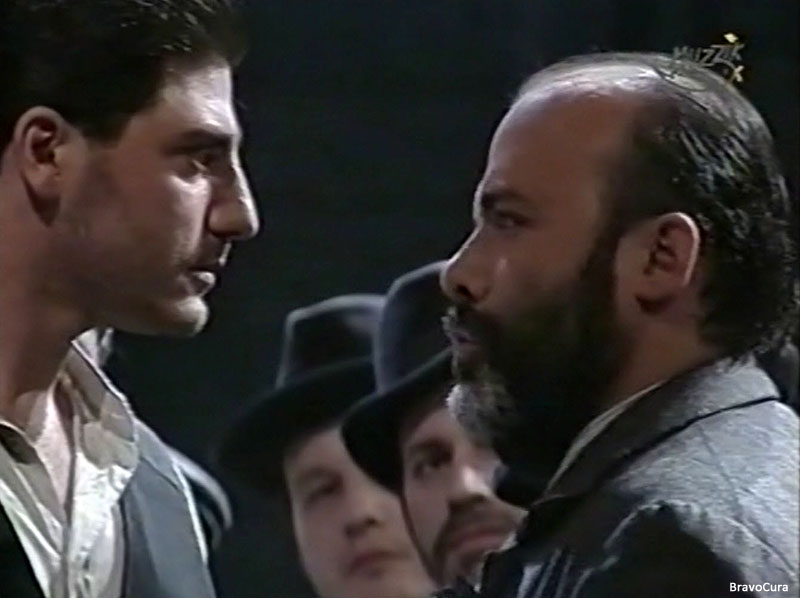
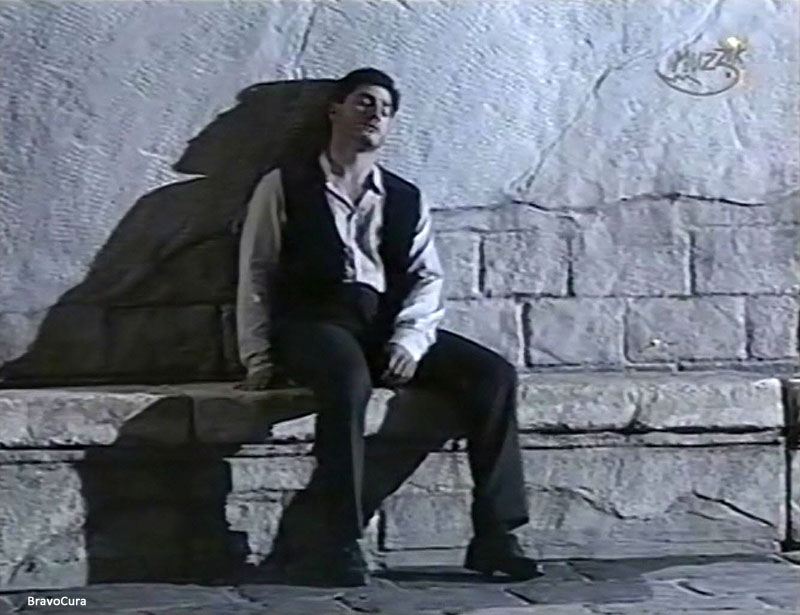
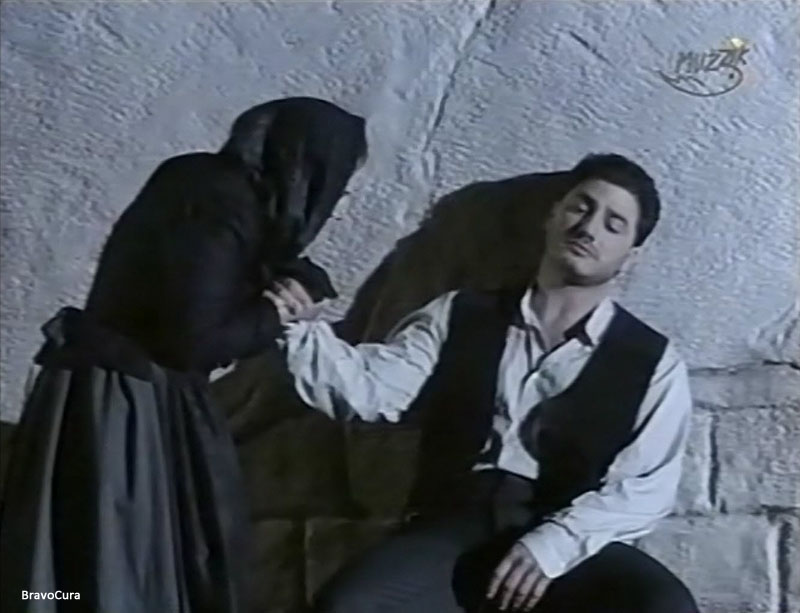
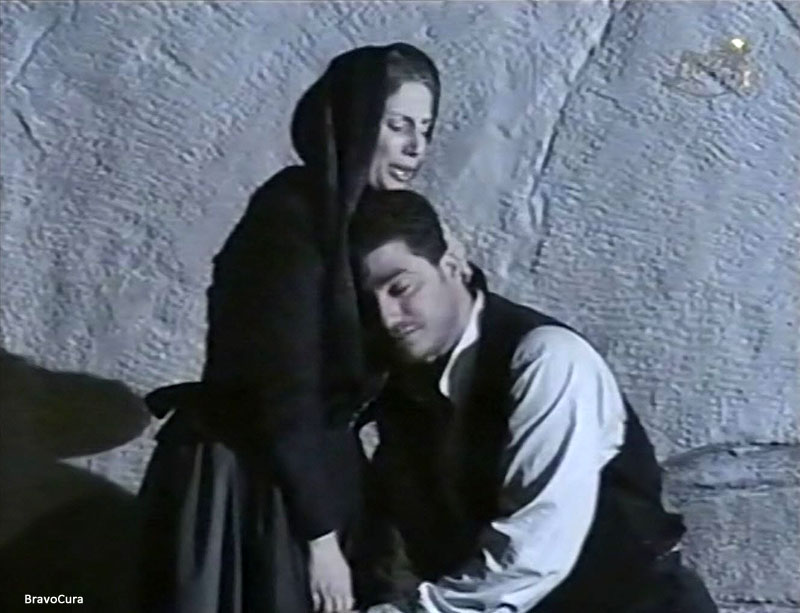
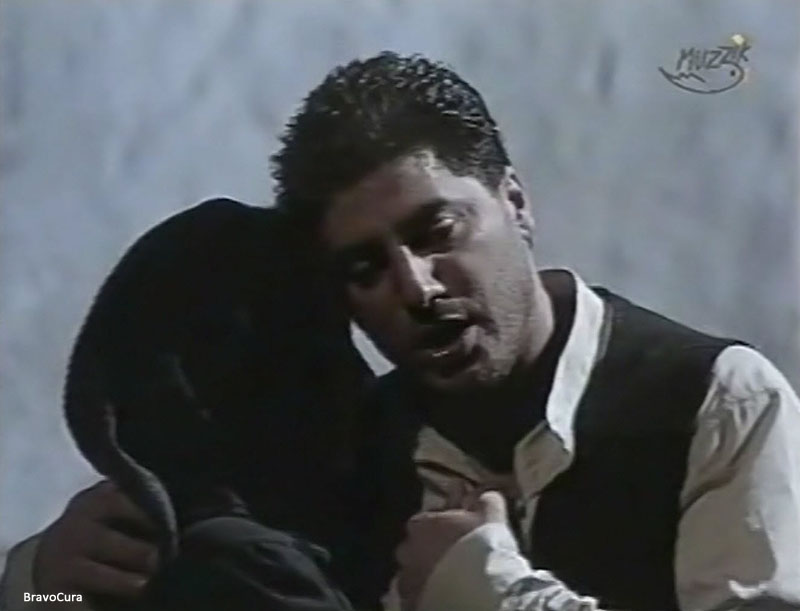
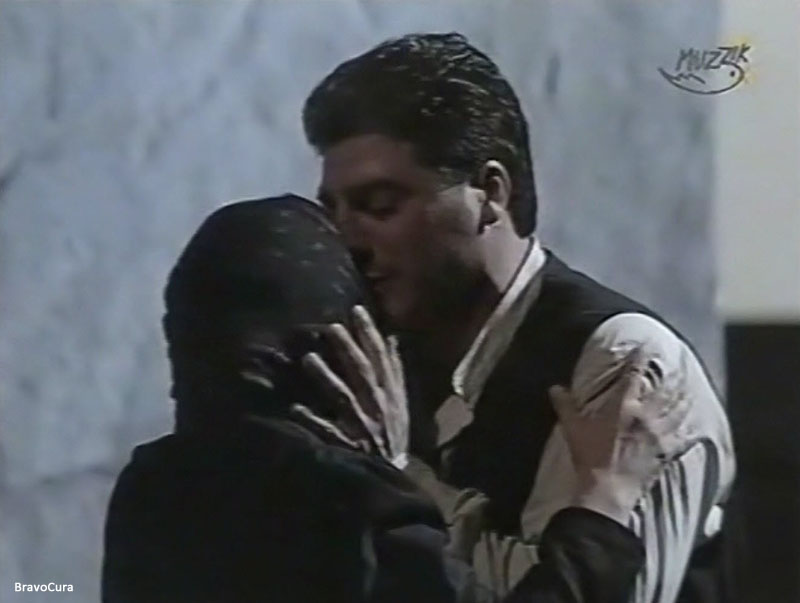
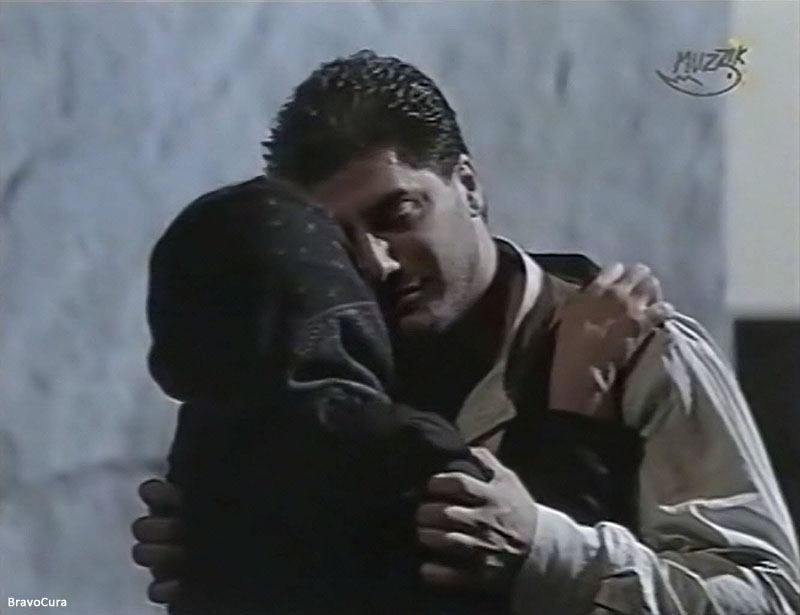
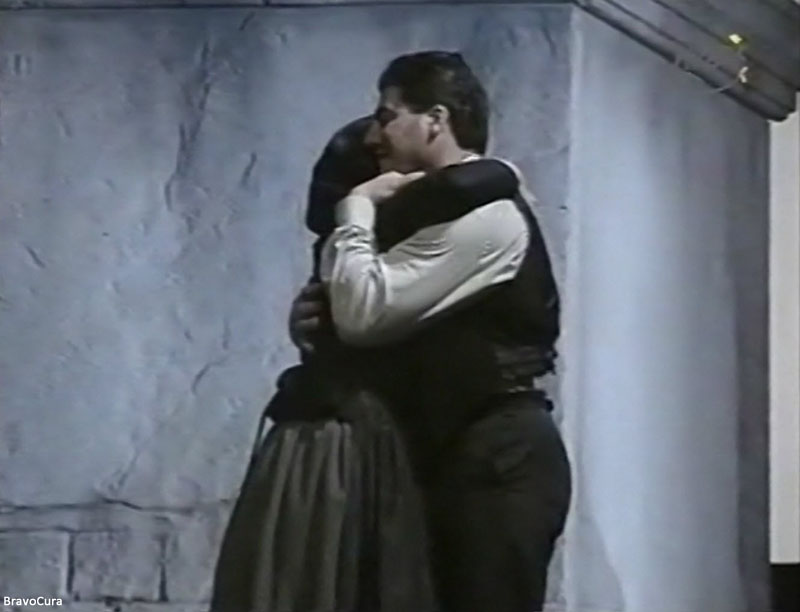
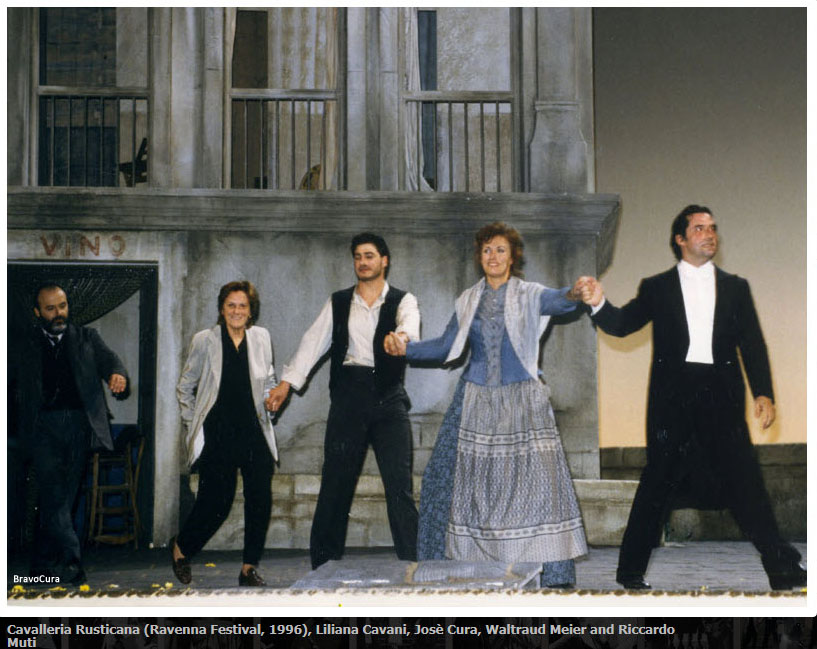
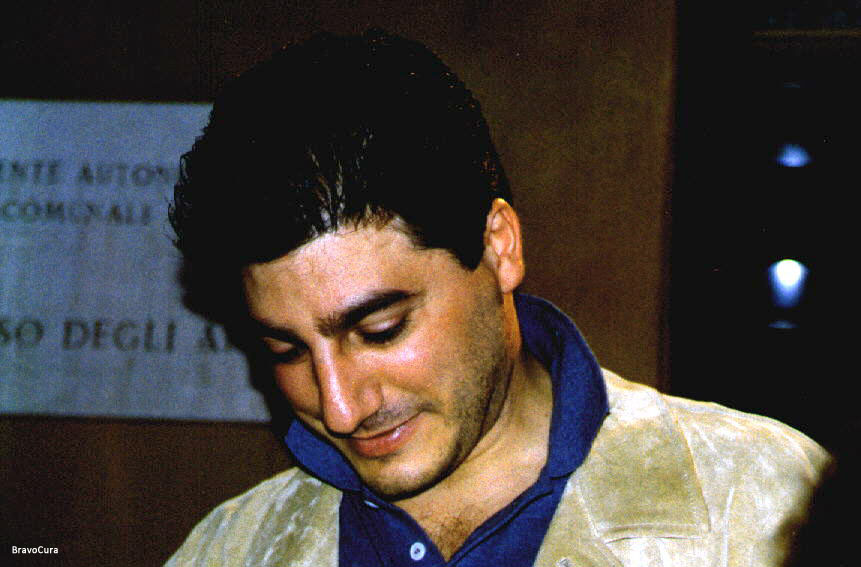
%20BC.jpg)
%20Cura%20and%20Zajick.jpg)
%20Cura%20and%20Shaulis.jpg)
%20L.jpg)
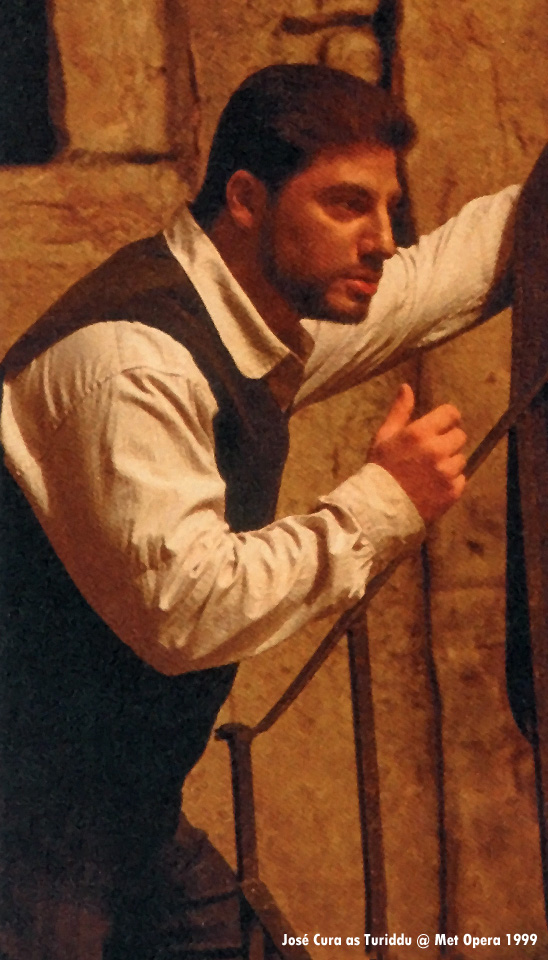
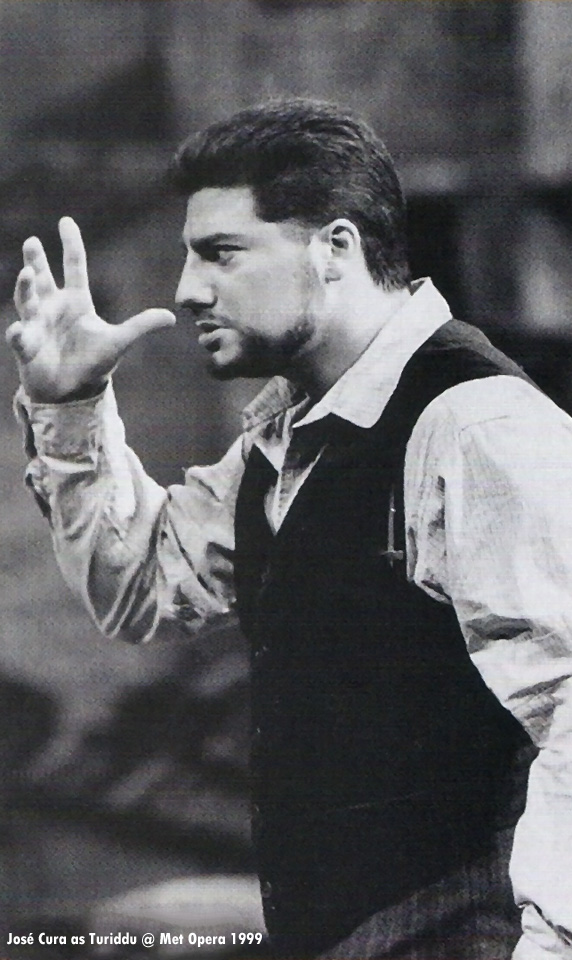
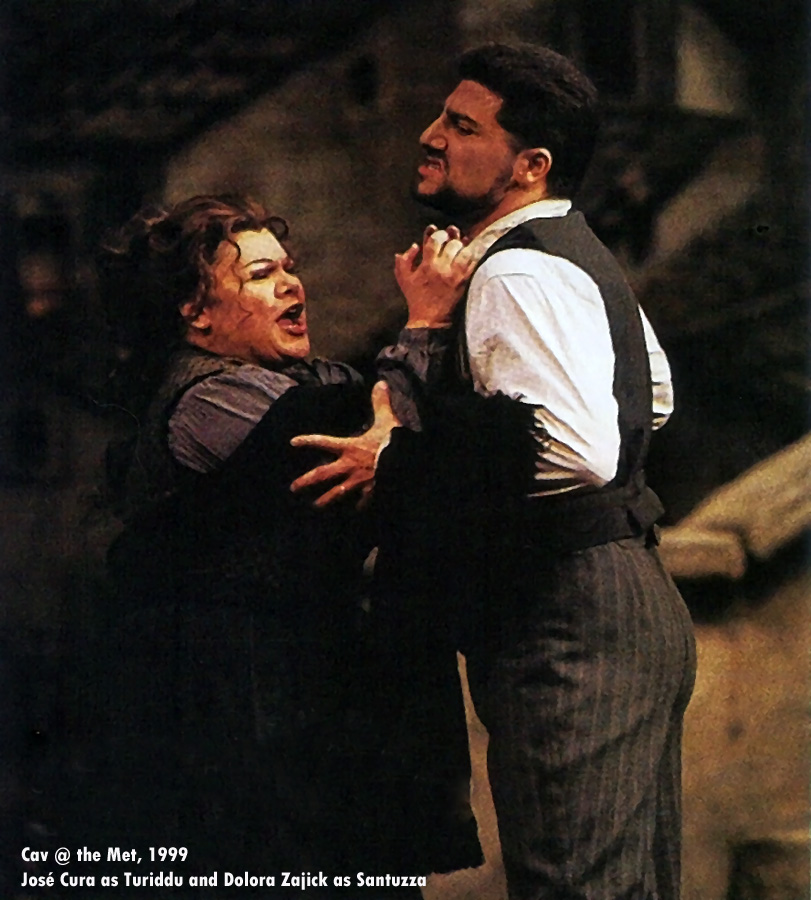
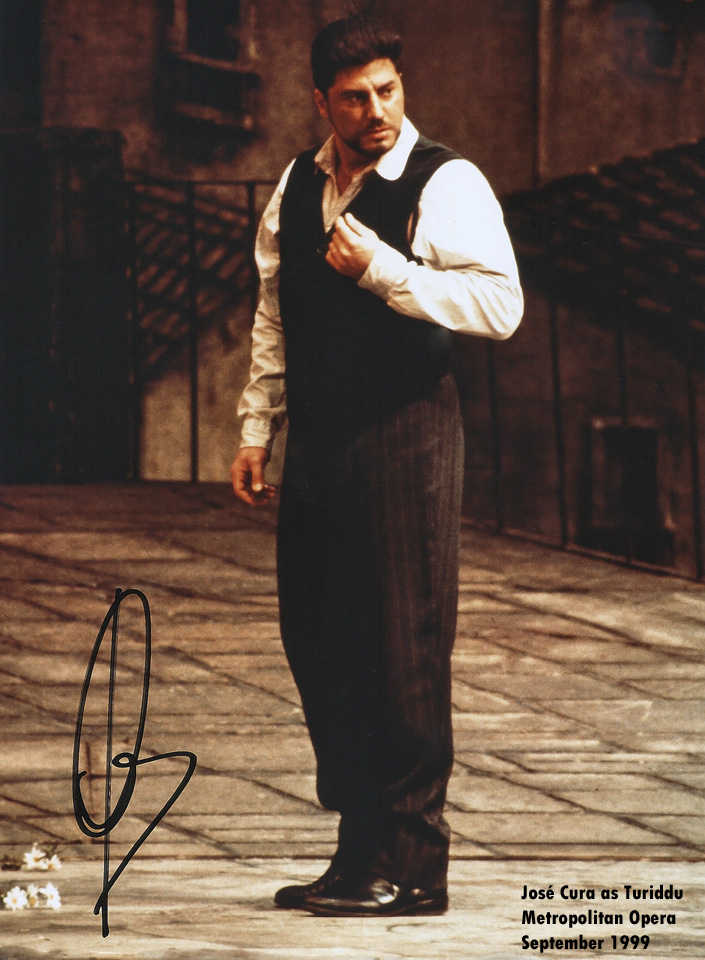
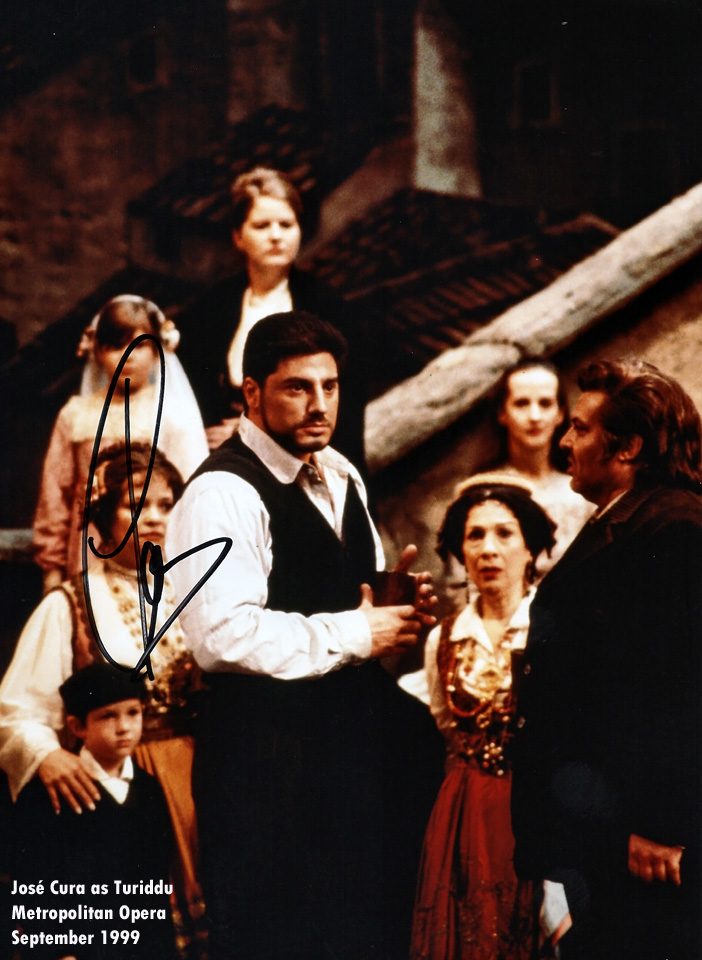
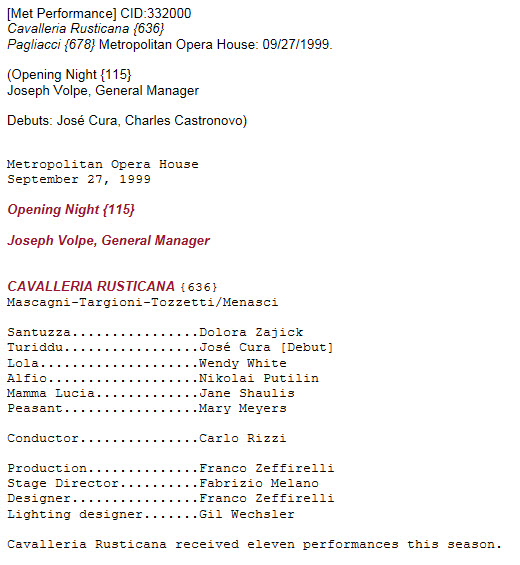
%20from%20ON.jpg)
